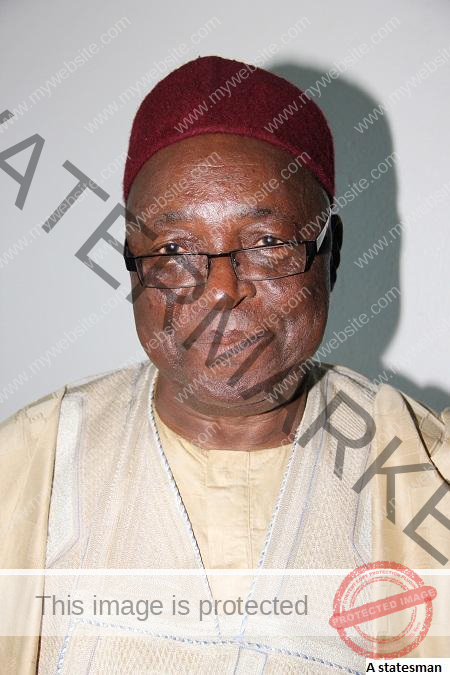Bobe Francis Nkwain
By Mankah Rosa Parks –
Francis Nkwain’s My Time in Government: Reflections of a Minister offers a window into the inner workings of post-reunification Cameroon’s civil service through the eyes of a man often remembered for his loyalty, not his legacy. A former Rector of the university of Dschang, Ambassador, and Minister of Mines and Power under President Paul Biya, Nkwain documents his rise within the Francophone-dominated power structure with a voice that is—at best—cautiously introspective and—at worst—alarmingly obedient.
For readers from Ambazonia (the former British Southern Cameroons), Nkwain’s memoir is not merely a personal account; it is a painful narrative of a generation of Anglophone collaborators who, in the face of systemic marginalization, chose silence and survival over resistance and reform. Educated in the Catholic tradition and respected for his oratory, Nkwain could have been a towering figure of reform. Instead, the book lays bare how his political choices consistently aligned with the Beti-Bulu hegemonic regime of Paul Biya.
There are moments of candour—especially when he discusses the challenges of being an Anglophone in a Francophone administration. Yet the candour is always tempered, filtered, and wrapped in an apologetic tone that reveals more about his complicity than his courage. There is no robust defense of Southern Cameroons’ autonomy, no regret for the suppression of Cameroon Calling, no recognition of the Anglophone problem as a constitutional betrayal. Instead, the reader is met with a series of diplomatic euphemisms and bureaucratic memoirs—pages filled with state visits, energy contracts, and the uncritical glorification of Biya’s policies.
Even more disturbing is the subtle pride with which Nkwain recounts suppressing dissenting voices during his tenure as Minister of Information. His chapter on “discipline in the press” is a stark reminder of how figures like him enabled the very information blackout that has fueled today’s crisis.
Yet, the book is valuable—not for what it says, but for what it reveals between the lines. It is a case study in assimilationist politics. A reminder of how colonial residues continued long after independence, with Anglophone elites serving as buffers between their people and a predatory central state.
For Ambazonian scholars, this memoir is a must-read—but not as inspiration. Rather, as a cautionary tale of how proximity to power can seduce even the brightest minds into abandoning principle for patronage.
Final Verdict
Nkwain’s memoir is more eulogy to a failed union than a contribution to Ambazonian thought. It is well-written, polished, and diplomatic—just like the man himself. But history will judge him not by prose, but by silence. And on the burning questions of justice, dignity, and self-determination, Francis Nkwain said too little, too late.
Rating: ★★☆☆☆ (2/5)
Reviewed by Mankah Rosa Parks
Senior Investigative Correspondent – The Independentist

